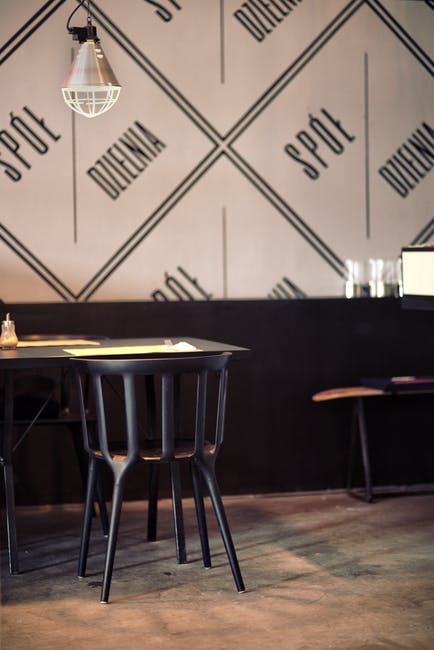Following the Latest Trends: Should You Put Concrete Flooring In Your Home?
Interior design follows trends as much as any other artistic form of self-expression. The current trend is for industrial, modern designs inside homes.
But concrete floors can look cold and impersonal. Or is it the cool and contemporary finish you’re looking for?
Maybe you’re wondering about installing concrete flooring in your home. Let’s look at the pros and cons first.
Concrete Flooring – Hell Yeah!
A cement floor is like having a slice of freeway in your house. While that doesn’t sound attractive, it does show how durable and strong concrete is.
Add the proper sealing materials and your concrete floor is very low maintenance. It will survive spills, dirt, and stains.
Drop something hard on sealed concrete and it won’t chip or scratch. Just sweep and mop to keep it clean.
Concrete floors are also versatile. They provide a smooth surface to install other floor coverings further down the line if your taste changes.
And it doesn’t have to look like freeway concrete. Choose a range of dyes to add to the concrete as it’s being mixed.
If you’re working with an existing floor, the Diamond Tool Store explains how to polish concrete to a professional finish.
Because it takes time to cure, you’ve got the chance to stamp texture into your concrete. Use stencils with dyes to let you create a floor that looks like natural stone or ceramic tiles. A basic design can cost $2 to $6 per square foot.
Don’t worry that concrete may be cold underfoot. Opt to have hot water tubes or electrical cables added to the concrete while it’s poured. You’ll enjoy warm, toasty floors all year around.
Concrete Flooring – Heck No!
The same hardness that makes concrete so durable also makes it unforgiving. It’s perhaps too hard if you have little ones running around. Or you’ll spend money on soft rugs to cushion the floor.
Even concrete isn’t indestructible. It can crack over time as the concrete settles or copes with changes in temperature.
Cracks can prove to be a red flag for any future buyers of your home.
If you install a concrete floor in the basement, you need to be thoroughly prepared. Moisture can seep up from below and create problems with damp.
That can also wreak havoc on paint or other surface treatments.
And if your environmental credentials are an issue, remember cement is a producer of carbon dioxide. It’s not a sustainable building material like glass or wood.
If you’re removing an existing floor to reuse the concrete slab beneath, you’re fine. But new installations will use a lot of energy to create that new cement.
What’s Your Priority for Your New Floor?
Do you want durability and new technology? Or is the environmental cost your main concern?
Now you’ve got more advice about concrete flooring. You’ll be able to decide if you want to add cement floors to your home.
If you’re looking at installing a concrete floor to sell it quicker, check out our guide to staging your home for faster sales.
